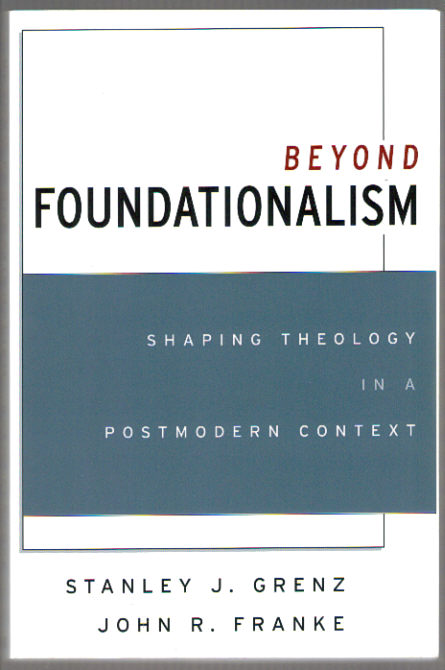
So yesterday, I attempted to discuss the whos, whens and whys of Genesis’s genesis, but I didn’t get very far. And by that I mean that I got nowhere. In this post, I’m hoping to address the “who” and the “when/where” issue. You sort of have to tackle them together, because they go hand in hand. Let’s start with the who question though.
Of course, an obvious answer would be that God is the author. That’s why we call it “God’s Word.” However, how he wrote it is a bit complicated. While possibly a surprise to some, it doesn’t appear that God himself dusted off some parchment and sharpened a quill and set himself to the busy task of penning Genesis through Revelation, only to drop the completed tome from the skies – gold leaf pages, leather bound, and in English no less – perfect in every way.
While we may have preferred to receive the Scriptures in that way, for whatever reason God chose human beings – fallible, limited, frail, time and culture bound people – to write and compile those things that He wanted to communicate to humanity. I’m not saying that Scripture itself necessarily shares in all the shortcomings of humanity, but it would also be a mistake to say that the Bible is devoid of human characteristics. Utilizing ordinary people wouldn’t necessarily have been my way of going about things if I were God, but apparently he has ideas of his own. I suppose to be a Christian means that I am to trust that he knows what he’s doing.
But back to the matter of which person wrote Genesis, as with all things Bible this is debated. The most conservative view of authorship of which I’m aware has Moses “writing” the Pentateuch (the first five books of the Bible). He certainly would have had the available time – forty years to be exact – as he and the nascent nation of Israel wandered around the Sinai wilderness.
Other views would tend to see the Pentateuch (and much of the Old Testament) as having undergone an editing process over some centuries and not coming into its final form until a few hundred years prior to Jesus’ birth. In this case, it might be more accurate to describe the “author” less as a writer and more of a compiler.
While I’m not necessarily put off by either of these options, some people get very nervous with the idea that the Scriptures may have undergone “editing” or revising. For some reason, we seem to think that the only means by which God could have faithfully communicated his Word to us is if there had been an unbiased ancient journalist present at the time gathering first hand observations. The facts and nothing but the facts. One can be certain that this was not how the Scriptures came about.
My own opinion is that the formation of the canon was a highly complex process that involved first-hand accounts, stories passed down over generations that were both oral and written, all of it re-worked in such a way to have a coherent message that spoke to the contemporary situation in which the writer/compiler found him or herself. It seems plausible (even likely) to me that much of what we have in Genesis through Deuteronomy was initially drafted by Moses himself, but that perhaps it isn’t until sometime around the Exile (or more likely the return from exile) that it came into the form that we more or less have today.
Of course, something like what I have just described must be the case, at least in part, in even the most conservative of scenarios. Moses wasn’t born until the Hebrew people were slaves in Egypt (i.e. Exodus 1), so for him to have written Genesis would have meant that he was strongly dependent on an oral tradition that had been passed on over centuries. The Pentateuch suggests that Moses and God frequently had some one-on-one time so it is possible he got the info he needed in some of those gab sessions. Even if that were the case, it doesn’t seem likely that he could have written Deuteronomy 34, since it records his own death. Someone else (Joshua?) must have finished things up for him.
Right? Right.
Ok, tomorrow we do some finishing up of our own and turn to the upshot on all of this. Namely, what does any of this have to do with the way we understand Genesis 12 and 15.














